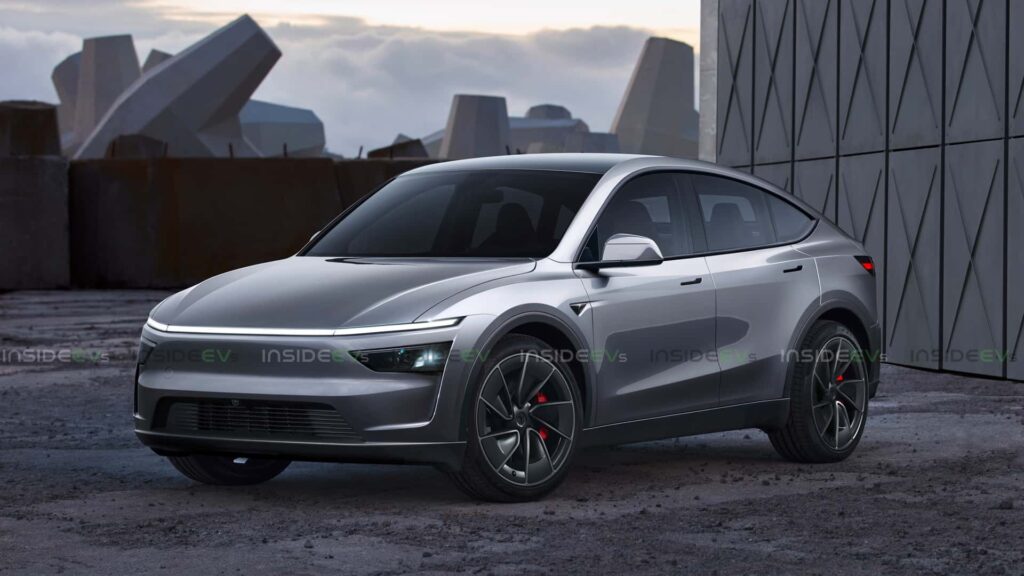Tesla’s plan to launch more affordable models is facing yet another delay, as reported by Reuters. The company had initially aimed to introduce a stripped-down version of the Model Y in the first half of 2025, along with a cheaper Model 3. However, sources familiar with Tesla’s plans now suggest that these models may not hit the market until late 2025 or early 2026.
The affordable vehicle, often referred to as the Model A, Model 2, or Model Q internally, is designed to be a smaller, more budget-friendly version based on the existing Model Y platform. By offering a de-contented version of the Model Y, Tesla hopes to lower production costs and provide a more accessible entry point into its lineup, as it has long promised.
Despite Tesla’s repeated assurances that more affordable models were on the horizon, the latest report indicates a further delay in their release. This pattern of setting ambitious timelines and then pushing back launch dates has become characteristic of Tesla’s product cycles.
The decision to postpone the launch of these cheaper models comes at a challenging time for Tesla. The company is facing a decline in sales globally, with trade-ins increasing and used Tesla values dropping. Even the highly anticipated Cybertruck has failed to meet expectations, further adding to Tesla’s woes.
Initially envisioned as a $25,000 bespoke Tesla, the more affordable models have undergone several changes in strategy. Elon Musk’s shift towards focusing on the Robotaxi concept has redirected attention from the budget-friendly offerings. Now, with the delay in launching the de-contented Model Y and a basic version of the Model 3, it remains to be seen whether these models can generate excitement and restore Tesla’s brand appeal.
While the exact reasons for the delay were not disclosed, factors such as tariff uncertainties or competing priorities for Elon Musk may have contributed to the setback. Nevertheless, the prolonged wait for the affordable Tesla models not only impacts the company and its investors but also disappoints consumers eager for an affordable electric vehicle from a leading brand in the EV market.
In conclusion, the postponed launch of Tesla’s more affordable models underscores the challenges the company faces in a shifting market landscape. As Tesla navigates these obstacles, the focus remains on delivering innovative and competitive electric vehicles to meet evolving consumer demands.

